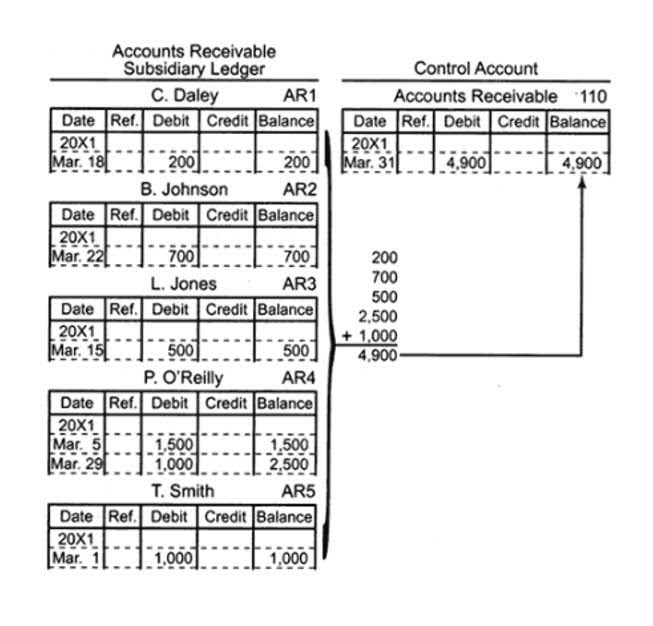Each statement relies on quality information regarding the organization’s income from cash donations, grants, in-kind gifts, and expenses. Bookkeepers must ensure the financial reports providing this information are correct and updated. A bookkeeper with experience in fund accounting will create detailed fund accounting reports to help your accountant file quarterly statements and perform audits. They can choose to hire in-house accountants or outsource their accounting to a specialized firm. Bookkeeping for a nonprofit is vital because it proves how an organization is spending its funds.

A bookkeeper, for instance, will pay the utilities, rent, water, and other necessary operating expenditures. At some point in their careers, high-level executives may transition from the realm of the for-profit corporation to a non-profit organization. An in-kind donation or a gift in kind represents a donation of goods or services instead of money for purchasing goods and services.
What does a Bookkeeper do for a Nonprofit?
What might be less obvious is board meeting minutes, which are the notes of what was discussed and decided in any board meeting. He is registered with the IRS as an Enrolled Agent and specializes in 501(c)(3) and other tax exemption issues. For example, let’s say your nonprofit needs a car to run errands for the organization. A generous car dealership gives you a vehicle for free, but that doesn’t mean it wasn’t a transaction! You’ll need to record the car as an in-kind donation from the dealership, noting even details about the model and make of the vehicle.
- As we mentioned before, nonprofit accounting focuses on the accountability aspect of finances.
- If they want to maintain this status, they need to do accurate bookkeeping.
- Actually, 18% of nonprofits listed limited staff as their greatest challenge in 2019.
- Purchase orders are a great way to record and have a record of agreements between the nonprofit and all vendors.
- This nonprofit accounting statement breaks down the operating, financing, and investing activities to show how cash moves at the organization.
- An in-kind donation or a gift in kind represents a donation of goods or services instead of money for purchasing goods and services.
- For instance, if programs or projects are discontinued, funding falls through, or your funding increases, you can address the issues and adapt your strategy right away.
For example, large organizations like universities often have dozens, if not hundreds, of bank accounts for different purposes like scholarships, tuition, projects, etc. This is the part of the tax code that concerns charities, nonprofits, and religious organizations that are exempt from paying federal taxes to the IRS. Nonprofit-friendly accounting software shouldn’t just allow you to create professional-looking budgets. They should also let you track how your income and spending for the year compare to your budget goals.
Bookkeeping for nonprofits
After you’ve registered as a nonprofit with your state, the next step is to apply for tax-exempt status under Section 501. Nonprofits have tight rules around what they can and can’t spend money on. They need an organized system that makes sure purchases are ordered, budgeted for, and fulfilled properly from the get go. This is an often overlooked piece of recordkeeping that is critically important. If the IRS or another government agency examines your nonprofit for some reason, it is very common for them to request documentation of board decisions.
- There are still obligations to employment taxes and possibly other taxes such as real estate taxes and sales tax.
- Because nonprofits operate the same as a for-profit business, overhead is necessary for any nonprofit organization to function.
- This is important because nonprofits often have very specific rules around different funding sources.
- In addition, checking in on the budget one or more times each month will allow you to adapt to change.
The creation of multiple accounting programs has helped businesses and organizations with their bookkeeping. Since many nonprofits have small budgets, it can help to find an affordable accounting program. Our professional opinion is that the majority of nonprofits will benefit from outsourcing their bookkeeping and accounting needs, working directly with nonprofit accounting experts. It’s an affordable option that can provide access to deep nonprofit accounting experience and expertise.
Statement of Activities
Bookkeepers with this background will help create internal reports that don’t need much updating by your accountant and can save your nonprofit money and time. When you start a nonprofit bank account, you’ll want to authorize someone as a signatory. This person can be your organization’s board president, treasurer, or bookkeeper. If you want to become a bookkeeper for a nonprofit, try looking at internships that could help you learn more about the processes. You may want to visit the National Council of Nonprofits to learn more.

